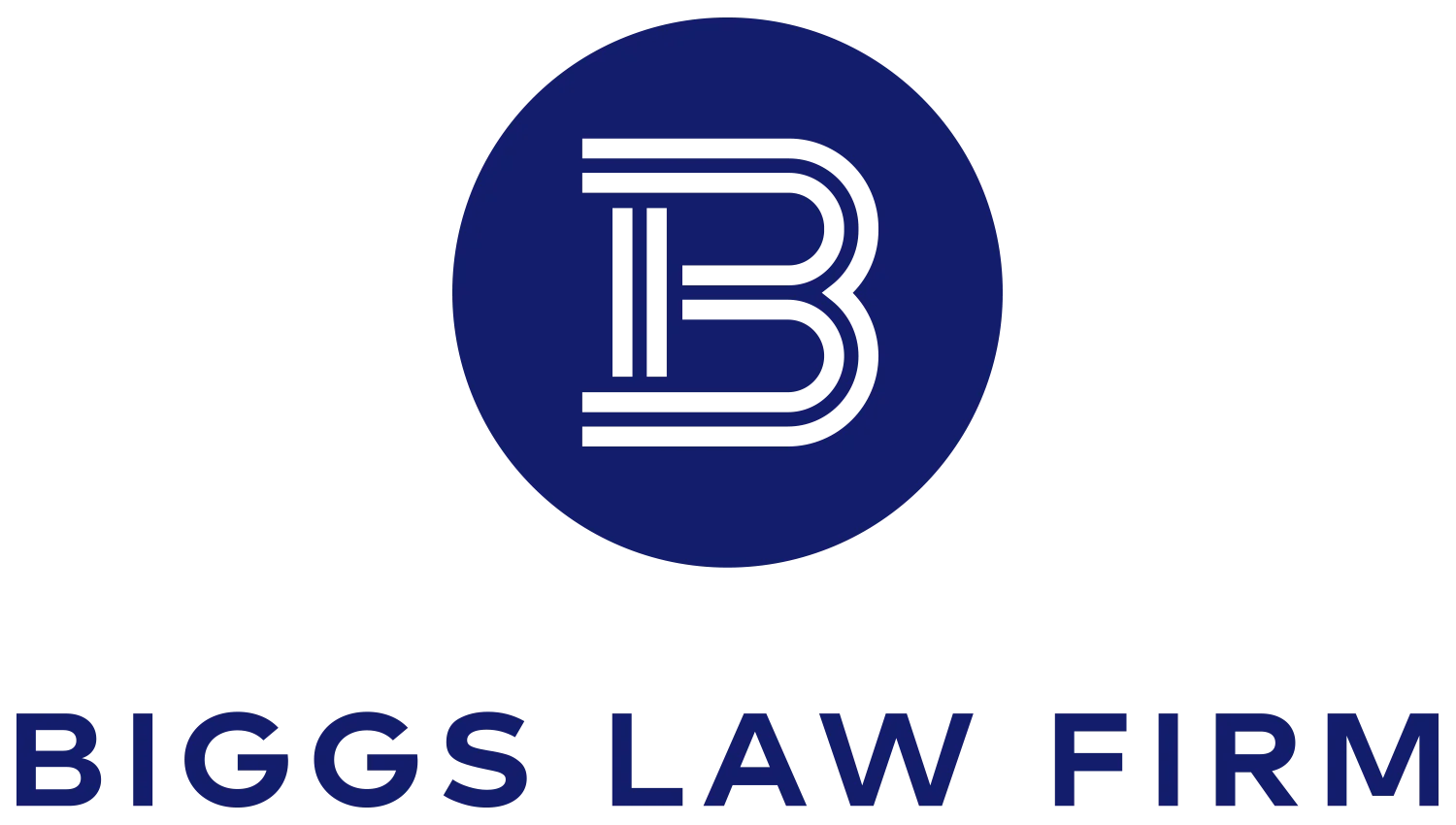Debts You Cannot Discharge When Filing for Consumer Bankruptcy
According to the Administrative Office of the U.S. Courts, bankruptcy filings increased by almost 17% from 2022 to 2023. Nearly 388,000 bankruptcies were filed in 2022, compared to about 453,000 in 2023. Around 434,000 of these bankruptcy filings were connected to consumer debt.
Is filing for consumer bankruptcy in your future? If so, make sure you know which debts you cannot discharge first. Whether you choose to file for a Chapter 7 or Chapter 13 bankruptcy, certain types of debt will continue to follow you and cause financial complications if you aren’t careful.
Credit card and medical debt are prevalent forms of dischargeable debt when filing for consumer bankruptcy. The following non-dischargeable debts, on the other hand, won’t disappear after your bankruptcy case is closed.
Mortgages
The Federal Reserve reports that American homeowners owe over $14 trillion in mortgage debt. If you have a mortgage on a home and can’t afford to keep up with payments, you might consider trying to wipe your debt clean by filing for bankruptcy. This is, however, one of the many debts you cannot discharge through a bankruptcy filing if you want to keep your house.
If you’re struggling to make mortgage payments, your mortgage company might agree to work out a payment plan. However, without their agreement, you cannot modify the terms of most home mortgages and will have to make the full payments owed.
If you don’t want to keep your house, surrendering or selling your house will allow you to wipe out any balance that is not paid through a sale or foreclose.
Income Taxes
The Internal Revenue Service has calculated the total amount of back taxes that Americans owe at well over $100 billion. When you take interest and penalties into account, that number easily exceeds the $120 billion mark.
There are rare instances in which the IRS might enable you to discharge income tax debt if the taxes you owe are very old and you have filed all of your income returns on time. But generally speaking, most taxes are not dischargeable. You will have a brief break from the IRS’ collection efforts while you are in bankruptcy, but you’ll still need to work out a payment plan with the IRS for back taxes or face a tax levy that will force you to liquidate assets to repay the IRS after your case is over.
PAYROLL TAXES OR OTHER WITHHOLDING TAXES
If you withhold taxes from anyone, like an employee’s paycheck, or collect sales taxes, and they are not paid, a bankruptcy case will not allow you to discharge these taxes. This is the case if you are the person or entity that withholds the taxes, or you are found to be a “responsible party” for withholding these taxes.
Federal Student Loans
About 43 million Americans collectively owe more than $1.6 trillion in federal student debt. That number jumps to over $1.7 trillion when you include student loans from private lenders.
Any student loan debts you’ve accumulated, whether federal student loans or private student loans are not dischargeable, unless you can establish an undue hardship. The U.S. Department of Education has attempted to enact guidance to lessen the burden of establishing an undue hardship. However, these guidelines do not apply to private loans. Bankruptcy will not affect any federal student loan programs that you are otherwise eligible for, such as an income driven repayment program.
Child Support Arrears
Roughly one-third of Americans required to make child support payments don’t make them at all. Additionally, almost half of Americans mandated to pay child support only make partial payments regularly. It has turned into a $10 billion problem in the U.S., as many single parents attempt to take care of their kids without receiving any child support each month.
Fortunately for these parents, child support arrears, also known as back child support, is a form of debt you cannot discharge through a Chapter 7 or Chapter 13 bankruptcy. The same is said for outstanding alimony and spousal support payments.
Injuries Caused by Willful or Malicious Conduct, or as a Result of Driving Under the Influence
Thankfully, North Carolina doesn’t land on this list of the states with the highest number of personal injury lawsuits filed each year. There are more than 50,000 people hospitalized in the Tar Heel State annually after sustaining injuries, though, and many file personal injury claims against those responsible for the accidents that led to them.
If you were sued in a personal injury case because you were engaged in actions that were found to be “willful” or “malicious,” usually requiring aggravated circumstances or intentional wrongful conduct, or you were caused an injury to someone else or their property while driving under the influence, these are debts you cannot discharge.
Call Us To Discover More About Debts You Cannot Discharge During Bankruptcy Cases
The average American household has just under $105,000 in debt stemming from mortgages, student loans, credit card debt, and more. If you have more debt than you can handle hanging over your head, Biggs Law Firm is here to help. We can break down the potential benefits of filing for consumer bankruptcy and explain which debts you cannot discharge through a Chapter 7 or Chapter 13 bankruptcy, and other options for addressing those debts. Contact us at 919-375-8040 to schedule a consultation with an experienced attorney and learn more about your financial rights and responsibilities.
Start The Process Today
Schedule your consultation with one of our experienced attorneys.
